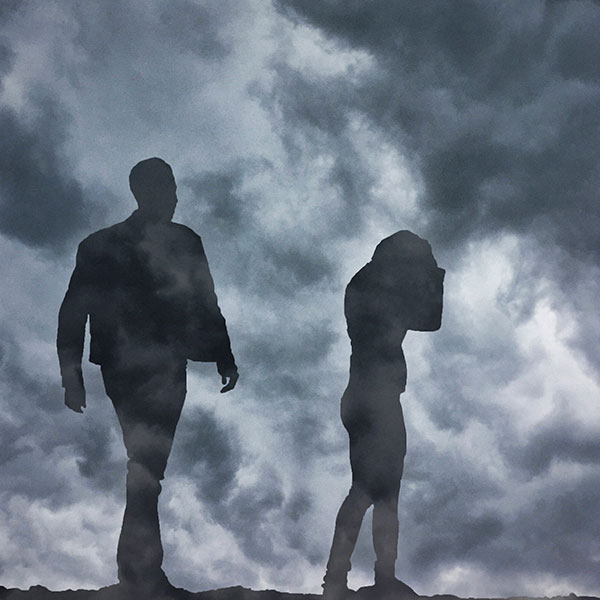These days, I have been reckoning with my sadness often. A headache that lingered for over four days kept on pulling me back into the chambers of my pain, my loss, my fear. This morning when I looked out the window and saw the range of greenery surrounding me and I heard the birds singing so sharply, I felt that for now, I’m out of the woods. I’d been constantly worrying about things like how a simple instruction like washing your hands with soap and water would translate itself in places where there was no running water. I’d found myself ruminating on how staying at home might translate itself to those who have no home, or to those that have to go out daily to find food. I’d been ruminating with thoughts around women and children who may be trapped in the hell of domestic violence and abuse and the loneliness that triggers some people to suicide.
Suddenly I am moved to shift a gear in my thinking. How come hairdressers are considered unnecessary in some places when I feel they are? I laugh. Humour is a relief that brings me back from the worrisome thoughts.
I count my blessings. My children are older. We have all experienced a free world, enough to plant the seeds and hold memories of travelling, movement, interaction, connection and also solitude. I’m also so grateful that I just got to see my friends and family overseas. I just got back from a week on a writing retreat. I’m grateful for all the mornings I took my laptop to Barrio cafe to do my work, for the exercise class, for the beach walks, for the gathering with friends. I’m grateful for my house, for this piece of land I can call home. And for it being such a generous container for the four of us, supporting us each to do our thing and then come together for dinner.
But then my mind stops for a second and I find myself closing my eyes and taking a deep breath. I realise that the thing I am most grateful for is that Ami and I have found a way to move from meeting and distancing without triggering hurt for each other. This has been an ongoing reckoning between us. Only now I know for sure that we found a way.
What I see, is that for most of my relationship counselling clients, COVID-19 has brought them together.
The question, ‘would I prefer being in isolation with or without you?’ for many couples results in a humble inner knowing that this is a time to stay together. Yet this choice is not enough. If we don’t learn how to be together, we will eventually trigger the worst in ourselves and each other. Finding ourselves in mental isolation while physically being in the same space. My client Rita told me that she walks around the house with a wall around her. When I asked her what the wall was made of she said bricks and spikes…this way she can make sure her husband doesn’t even come close. Eric, her husband, on the other hand, said that he disappears inside himself.
When I ask where he goes, he said, ‘I think I exist in a little tiny chamber inside my head. I go where no one can touch me.’
Living in hiding like Eric or behind a wall like Rita is a way we find to manage not being able to fully exist in the presence of the other. When we are afraid to be attached or rejected, we retreat to a place we perceive as safe. This is all metaphorically speaking but in real life, it presents itself when a couple hasn’t managed to reclaim their individuated self without it being perceived as an act of abandonment or criticism towards the other. Our relational goal is to co-exist as individuals while being connected. That we are not enmeshed with the other yet we are also not disconnected. This fine-tuning is, in my opinion, the art of relational intelligence. It is how life-long-love is lived in truth. It is a learnt practice of communication. We understand what it is that we need, what it is the other needs and how we can meet these needs without abandoning our self.
If we can be safe to walk around our homes without being guarded yet still having our healthy boundaries intact, we have found a relational blueprint that will not only support our own wellbeing but one that will support our family as a whole.

